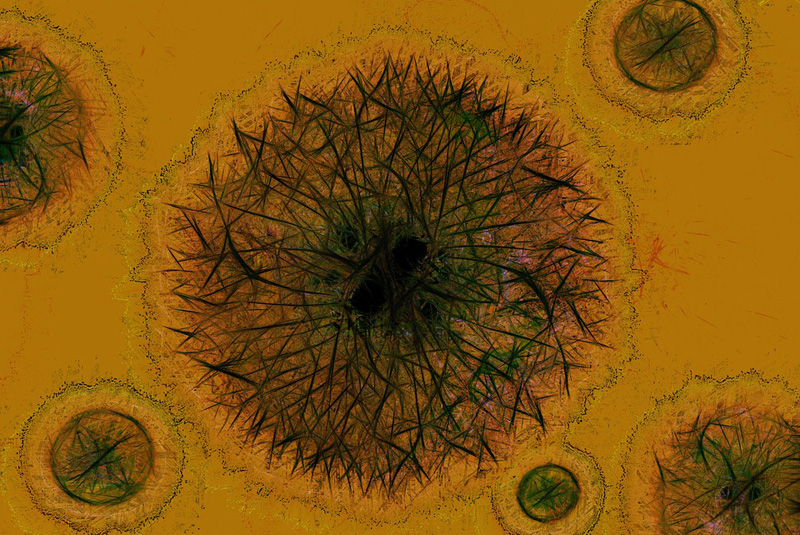The COVID-19 pandemic exposed flaws in our system. It changed the way humans conduct their affairs. But now, as 2021 comes to a close, the pandemic seemed to recede. Maharashtra, the state in India with the highest number of COVID cases, recently recorded 656 cases in a day, the lowest in the last 18 months. This looks like good news. And it was. Until a new variant was freshly detected in South Africa.
The South African variant, B.1.1.529, has been called “Omicron,” after the Greek alphabet. This is not the first variant, nor the only one to be found. But it surely is the most dangerous. Up until B.1.1.529 was found, the Delta variant of the virus was the most powerful. Delta mutated twice. But the Omicron variant mutated 32 times, making it a ‘variant of concern.’
Scientists are worried about the effects of the virus. As of now, it is too early to assume vaccine efficacy against the virus. The variant may be evading the immune response of the body, and thus could be highly transmissible. But some scientists believe that the mutations can make the virus unstable, preventing it from being highly transmissible.
Although that is plausible, current evidence proves otherwise. All the 77 samples analysed by researchers in the Gauteng province of South Africa had the Omicron variant. Scientists are concerned that the variant has already travelled far and wide.
-30-
Copyright©Madras Courier, All Rights Reserved. You may share using our article tools. Please don't cut articles from madrascourier.com and redistribute by email, post to the web, mobile phone or social media.Please send in your feed back and comments to [email protected]











